We're loading the full news article for you. This includes the article content, images, author information, and related articles.
Accusations of intimidation and misuse of state resources have intensified in the Malava and Mbeere North parliamentary by-elections, turning the contests into a crucial test for President William Ruto's administration and shaping early political alignments ahead of the 2027 general election.

The parliamentary by-elections in Malava, Kakamega County, and Mbeere North, Embu County, scheduled for Thursday, November 27, 2025, have escalated into fiercely contested political battlegrounds, marked by allegations of state interference and seen as a significant litmus test for the nation's shifting political landscape. These mini-polls are the first major electoral events since the reconstitution of the Independent Electoral and Boundaries Commission (IEBC) and are widely viewed as a rehearsal for the 2027 general election.
In both constituencies, the campaigns have been dominated by national political figures, overshadowing local candidates and issues. The rhetoric has largely centered on the 2027 presidential race, with factions allied with President William Ruto's United Democratic Alliance (UDA) and the united opposition using the polls to gauge their strength and influence.
The Mbeere North contest has transformed into a direct confrontation between President Ruto and his estranged former deputy, Rigathi Gachagua. The seat fell vacant after President Ruto appointed the sitting MP, Geoffrey Ruku, as the Cabinet Secretary for Public Service in April 2025. This move was part of a government reshuffle that saw the dismissal of Gachagua's close ally, Justin Muturi, from the same docket.
The UDA party, led by Deputy President Kithure Kindiki and CS Ruku, has rallied behind Leonard Muthende Muriuki. On the other hand, Gachagua is vigorously campaigning for the Democratic Party (DP) candidate, Newton Karish, backed by a formidable opposition coalition that includes Wiper leader Kalonzo Musyoka and DAP-K leader Eugene Wamalwa. Gachagua and his allies have accused the state of using intimidation, state-sponsored violence, and financial inducements to influence the outcome. On November 12, 2025, Gachagua wrote to the Inspector General of Police, alleging a plot to orchestrate violence against his supporters. The IEBC has consequently identified Mbeere North as a high-risk area for electoral violence.
In Western Kenya, the Malava by-election, occasioned by the death of MP Malulu Injendi, is a critical test of President Ruto's influence in a region that has historically been an opposition stronghold. The President has personally campaigned for the UDA candidate, David Ndakwa, a three-term Member of County Assembly for Kabras West. Ndakwa secured the UDA ticket after defeating the late MP's son, Ryan Malulu, in the party primaries held in September 2025.
The opposition has coalesced around Seth Panyako of the Democratic Action Party–Kenya (DAP-K). The campaign has exposed fissures within local political alliances. Kakamega Deputy Governor Ayub Savula (DAP-K) has endorsed the UDA candidate, while Kakamega Senator Boni Khalwale (UDA) is campaigning for the opposition's Panyako, highlighting the complex and fluid nature of political loyalties. Claims of state machinery being used to bolster the UDA campaign have also been prominent in Malava.
Political analysts assert that the outcomes in both Malava and Mbeere North will have significant repercussions beyond the constituencies. A win for UDA would be interpreted as an endorsement of President Ruto's administration and could strengthen his position in both the Mt. Kenya and Western regions. Conversely, victories for the opposition-backed candidates would embolden Gachagua and his allies, potentially signaling a significant political realignment and posing a challenge to the President's authority ahead of the 2027 polls. The by-elections are not merely about filling parliamentary vacancies; they are a crucial chapter in Kenya's evolving political narrative.
Keep the conversation in one place—threads here stay linked to the story and in the forums.
Sign in to start a discussion
Start a conversation about this story and keep it linked here.
Other hot threads
E-sports and Gaming Community in Kenya
Active 9 months ago
The Role of Technology in Modern Agriculture (AgriTech)
Active 9 months ago
Popular Recreational Activities Across Counties
Active 9 months ago
Investing in Youth Sports Development Programs
Active 9 months ago
Key figures and persons of interest featured in this article

Deputy President of Kenya (2022–2024)
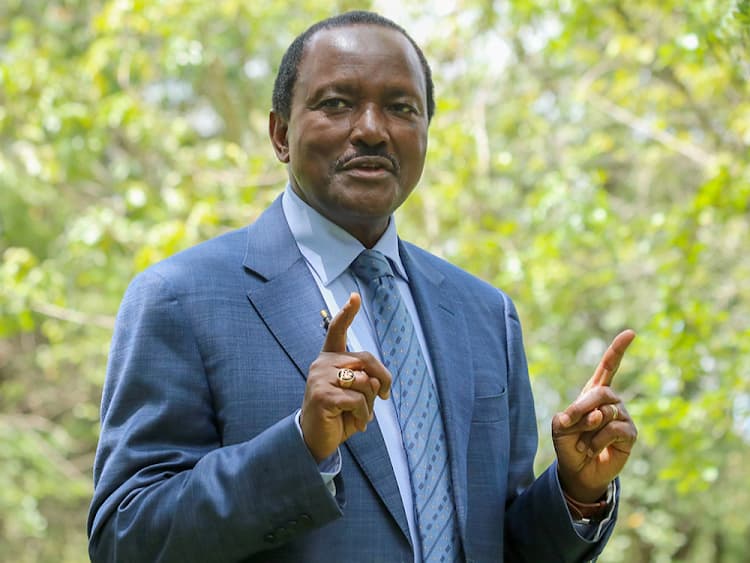
10th Vice President of Kenya (2008–2013)
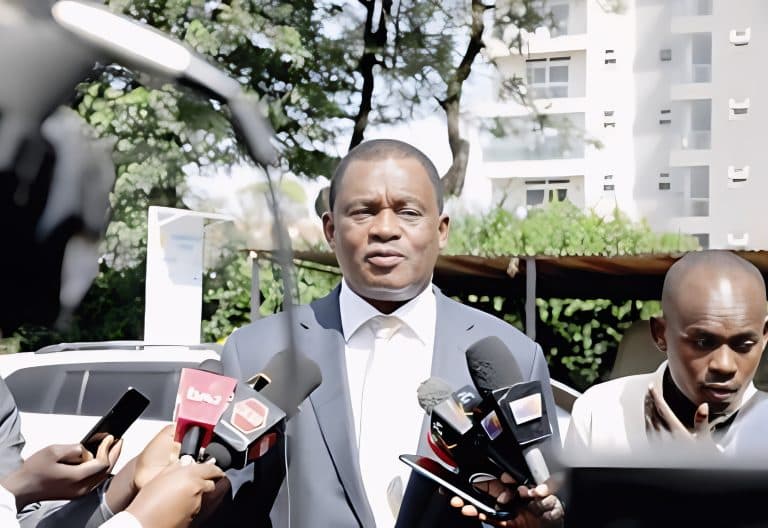
Former Cabinet Secretary, Ministry of Public Service & Human Capital Development
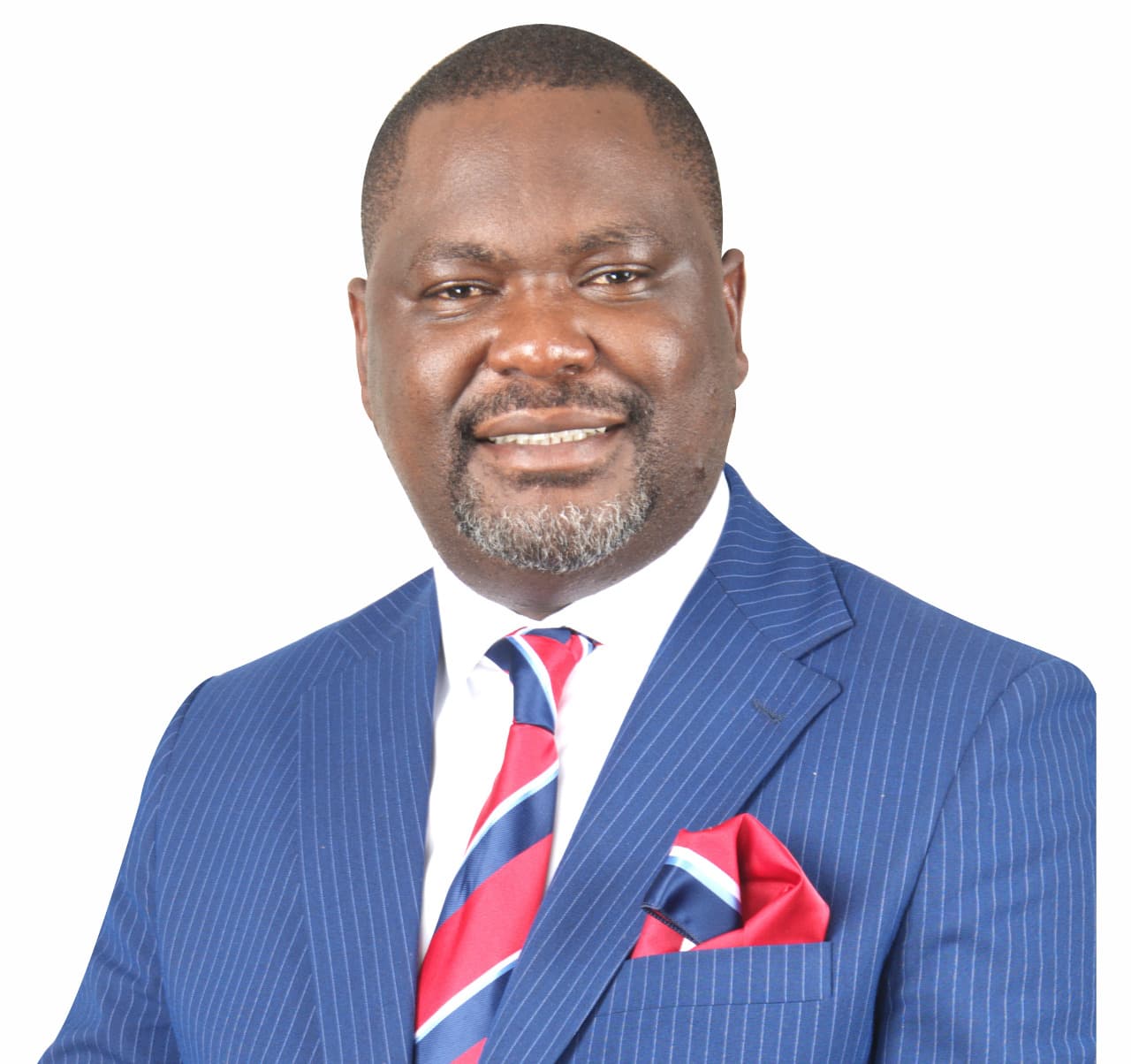
Cabinet Secretary for Public Service and Human Capital Development
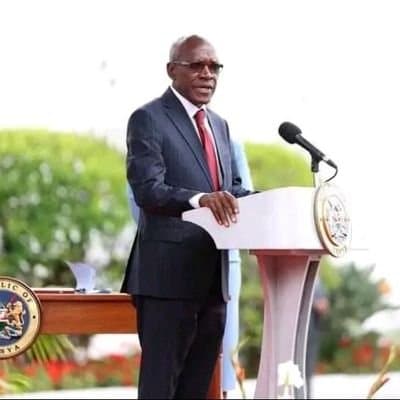
Senator for Kakamega County
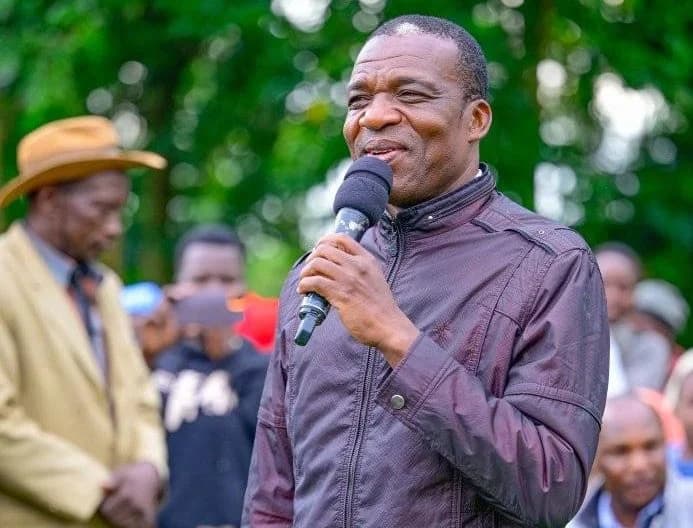
Member of Parliament, Malava